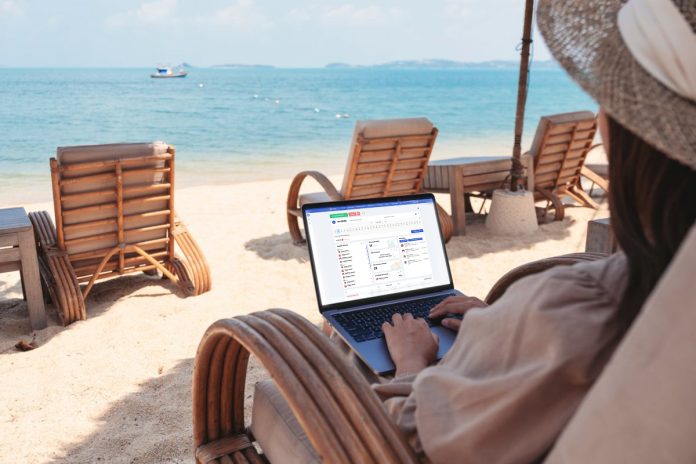In January 2020, the World Health Organisation (WHO) classified a new disease caused by a coronavirus, in Wuhan, China, as a global health emergency. The Coronavirus spread quickly on the globe, with a number of over 150.000 people infected and over 6.500 deaths. A lot of states have closed their borders, flights are canceled, and people are being isolated and quarantined based on their travel itinerary or symptoms.
Companies are facing a new challenge: how to protect my employees, but also my business? Read the questions and answers below to be sure you are acting accordingly in the current situation of the world
1. How does COVID-19 (Coronavirus) spread, and how can you protect your employees?
When a person that is infected coughs or exhales, infected drops of saliva are released. These can get on surfaces and nearby objects, like desks, tablets, or phones. People can get infected with COVID-19 by touching any of these contaminated surfaces and then touching their eyes, nose, or mouth afterward. If you are closer than 1 meter to an infected person, you can get contaminated through the air. In other words, COVID-19 spreads like regular flu.
The World Health Organisation advises you how to prevent the spread of COVID-19 at your workplace:
- Make sure your workplaces are clean and hygienic
- Surfaces (e.g., desks and tables) and objects (e.g., telephones, keyboards) need to be wiped with disinfectant regularly.
- Promote regular and thorough hand-washing by employees, contractors, and customers
- Put sanitizing hand rub dispensers in prominent places around the workplace. Make sure these dispensers are regularly refilled
- Make sure that staff, contractors and customers have access to places where they can wash their hands with soap and water
- Brief your employees, contractors, and customers that if COVID-19 starts spreading in your community, anyone with even a mild cough or low-grade fever (37.3 C or more) needs to stay at home. They should also stay home (or work from home) if they have had to take simple medications, such as paracetamol/acetaminophen, ibuprofen or aspirin, which may mask symptoms of infection
- Promote good respiratory hygiene in the workplace
- Ensure that face masks and paper tissues are available at your workplaces, for those who develop a runny nose or cough at work, along with closed bins for hygienically disposing of them
2. Which are the conditions for telling your employees to stay home and to ban visits to the company?
At any of the signs mentioned before (mild cough or fever), the employees need to stay at home. A majority of people ignore the first symptoms and come to work, which only increases the risk of infecting other co-workers. Considering the current situation in the world, as a manager, you should not let any symptomatic person into work.
It is recommended that in this period, you avoid getting visits and cancel meetings or conferences. Also, everyone that visited a high-risk country needs to respect the quarantine or isolation.
3. Are you offering your employees the possibility of remote work?
A lot of companies can’t afford to let their employees work from home because of their field of activity. Regardless, you should avoid human contact as much as possible. For example, business meetings can be transformed into video conferences.
Allow your employees to take home the equipment, for example, the PC or any other things they need to work from home. Use online chats, video conferences, and screen sharing to keep your team connected.
4. Are the company’s managers ready to handle difficult situations?
Over 50% of the Chinese companies instructed managers about COVID-19 and described prevention measures. Team leaders need to be informed and to know what steps they need to follow.
Learn all about it on the website of the World Health Organisation. You can even access the Training and e-learning category and inform yourself and your employees easily. If an employee shows any symptoms that might suggest they are infected, you need to call 112, the international emergency number.
5. How can we protect field workers?
A lot of companies can’t work from home, for example, commerce, production, or food service businesses. Still, we need to protect our employees. First of all, make sure all your employees know how important hygiene is. You need to provide them with alcohol-based gel or liquid hand sanitizers. It’s important to disinfect our hands every time we touch money or other objects that a lot of people have touched.
Limit cash payments by choosing to pay by bank transfers or by using credit cards. Maintain a 1-meter distance from other people.
All the precaution measures suggested by the World Health Organisation need to be respected. Companies need to learn how to adapt fast and easily to this type of change. Regardless of them being related to a pandemic or not.






